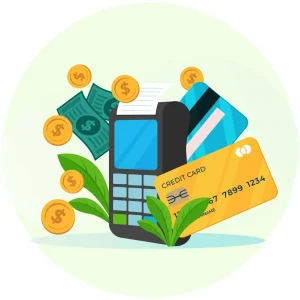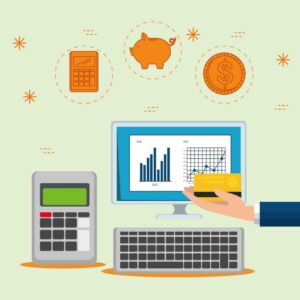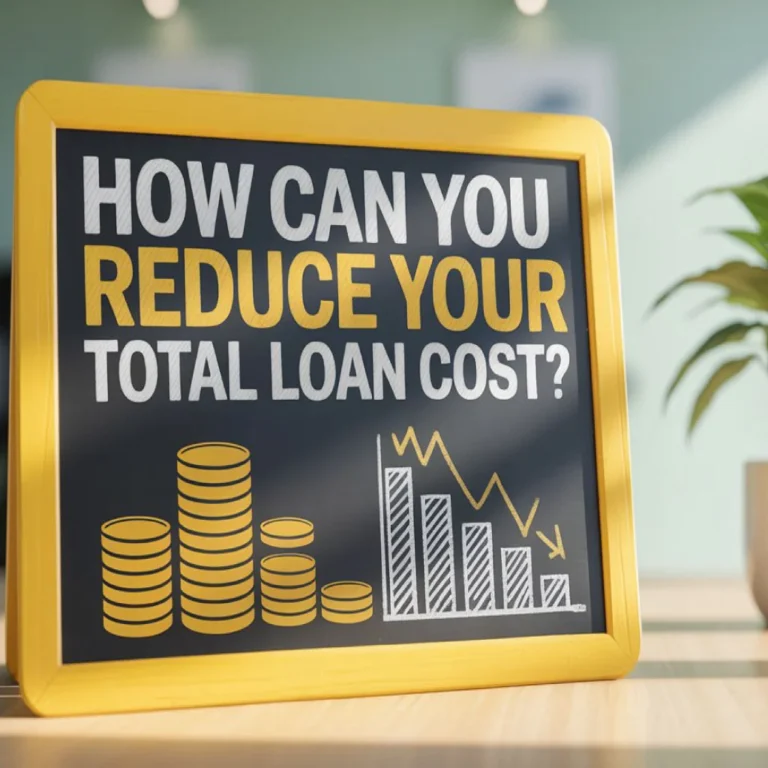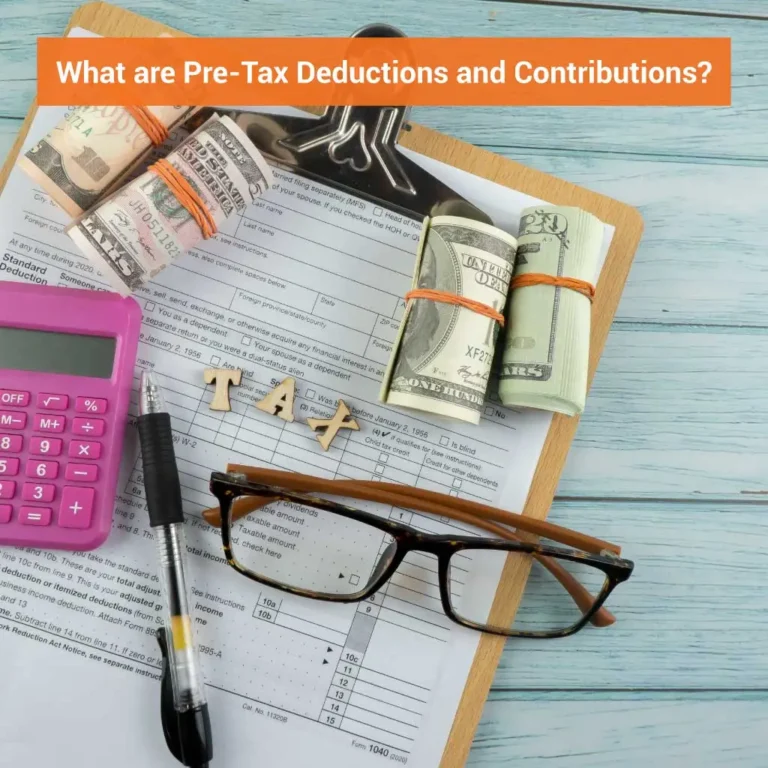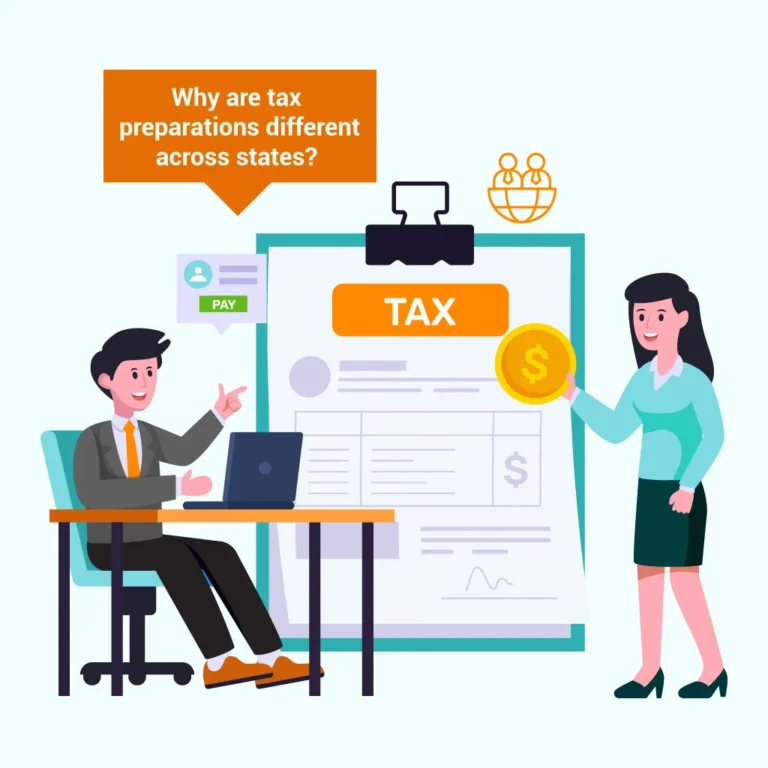Credit cards are often seen as financial lifesavers, offering unparalleled convenience, tempting rewards, and the ability to make significant purchases without having to dip into your cash reserves. However, much like a double-edged sword, they can also inflict serious damage if not wielded carefully. The question we need to ask ourselves is: Which is not a positive reason for using a credit card to finance purchases?
To navigate the murky waters of credit card use, it’s crucial to understand the potential pitfalls that can accompany this seemingly handy financial tool. While the allure of instant gratification and reward points can be strong, these motivations aren’t always rooted in sound financial planning. Misuse of credit cards can lead to a host of problems, including skyrocketing interest rates, mounting debt, and increased financial stress.
In this blog, we’ll delve into various aspects of credit card usage that might not be as beneficial as they appear at first glance. We’ll explore the psychological factors that drive credit card spending, the often hidden high costs of convenience, the risks of debt accumulation, and the overall impact on your financial health.
Additionally, we’ll provide practical tips for responsible credit card use and suggest alternatives to relying on credit cards for financing your purchases. By the end of this article, you’ll have a clearer understanding of the less positive reasons for using a credit card and how to avoid the associated financial traps.
Understanding Credit Card Financing
Credit card financing involves using credit cards to pay for goods and services when you don’t have the cash upfront. This process essentially means borrowing money from the credit card issuer, with the agreement to repay it later, often with added interest.
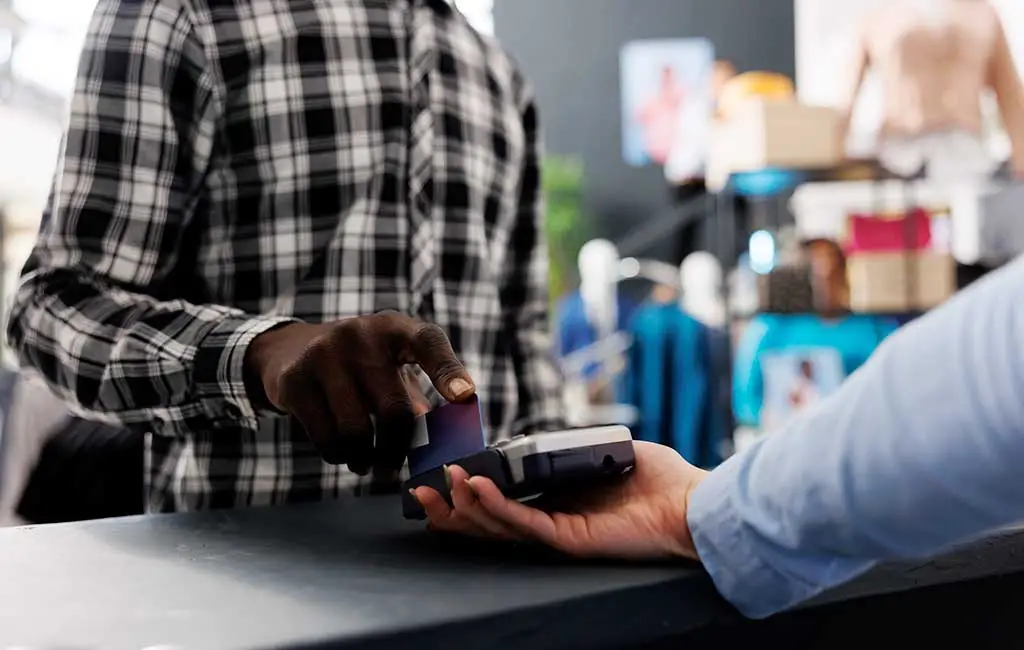
Credit cards can significantly boost your purchasing power and provide a safety net in emergencies when your bank balance is low. However, they come with their own set of costs and responsibilities that must be carefully managed. Misusing credit cards can lead to high interest rates, fees, and potential debt accumulation, making it crucial to use them wisely.
Recognizing which is not a positive reason for using a credit card to finance purchases is essential. Avoiding unnecessary debt means not using credit cards to live beyond your means or relying on them for impulse buys.
Instead, credit cards should be used strategically and paid off promptly to avoid costly interest charges. Understanding the potential pitfalls of credit card financing can help you make more informed financial decisions and maintain healthier financial habits.
Which is Not a Positive Reason for Using a Credit Card to Finance Purchases? The Risks of Using Credit for Essential Expenses
Using a credit card to finance purchases might seem like a no-brainer, but there are definitely scenarios where it’s less than ideal. So, which is not a positive reason for using a credit card to finance purchases? Let’s break it down:
Avoiding Financial Reality: Swiping a credit card to ignore financial problems is a dangerous game. If you’re buying things you can’t afford, you’re essentially burying your head in the sand and postponing inevitable financial trouble.
Relying on Rewards: Points and rewards can be enticing, but if you’re overspending just to earn them, you’re likely nullifying their value with interest charges. The allure of rewards shouldn’t justify reckless spending.
Impulse Buying: Credit cards make it effortless to buy on a whim. However, those impulse purchases can quickly lead to unnecessary debt and financial stress. It’s crucial to differentiate between wants and needs.
Supplementing Income: Using a credit card to make up for insufficient income is a glaring red flag. This approach can lead to a vicious cycle of debt that’s hard to escape. It’s important to address income shortfalls through budgeting or finding additional income sources.
Covering Regular Expenses: If you’re regularly using a credit card to cover essential living expenses, it’s a sign that you need to reassess your budget and spending habits. Relying on credit for necessities like groceries or utilities indicates deeper financial issues that need to be addressed.
While credit cards offer convenience and rewards, they should be used with caution. Avoid using them to ignore financial reality, chase rewards, make impulse buys, supplement insufficient income, or cover regular expenses. Instead, focus on creating a balanced budget, living within your means, and using credit responsibly to avoid falling into the trap of unnecessary debt.
Psychological Factors in Credit Card Use
The psychology behind credit card use is both fascinating and alarming. Credit cards significantly influence how we perceive and manage our finances, often leading to behaviors that can cause debt. One key aspect is that plastic money doesn’t feel as “real” as cash, which can result in overspending.

Studies show that people are more willing to spend when using a credit card compared to cash. This detachment from tangible money makes spending feel less painful and easier to justify. Credit cards also weaken our impulse control, offering immediate gratification for purchases like gadgets or luxury experiences, overshadowing the delayed pain of paying the bill.
Moreover, credit card companies cleverly exploit our desire for rewards. Points, cashback, and travel miles can make spending feel like a win-win scenario. However, these rewards often trick us into spending more than we can afford, chasing perks that are ultimately outweighed by interest and fees.
Recognizing these psychological factors is crucial. Understanding how credit cards can influence your spending habits helps you make more informed, rational decisions. Instead of falling into the trap of overspending for immediate pleasure or rewards, you can use credit cards as tools to enhance your financial health, avoiding the pitfalls of debt and financial stress.
Credit Card to Finance Purchases: High Cost of Convenience
Credit cards are incredibly convenient, but this convenience often comes at a steep price. When you use a credit card to finance purchases, the associated costs can quickly add up, turning a helpful tool into a financial burden.
High Interest Rates: Credit card interest rates are notoriously high, typically ranging from 15% to 25% or even higher. If you carry a balance, the cost of your purchases can skyrocket, making it much more expensive than you initially anticipated.
Hidden Fees: Beyond the high interest rates, credit cards come with an array of potential fees. Late payment fees, annual fees, balance transfer fees, and cash advance fees can all add to the overall cost. These hidden fees can sneak up on you and significantly increase your debt.
Minimum Payments: Credit card companies often allow you to make minimum payments, which can be tempting when you’re short on cash. However, making only the minimum payment means that the remaining balance continues to accrue interest. This can lead to a debt spiral that’s difficult to escape, as the debt keeps growing even with regular payments.
Debt Accumulation and Financial Stress
One of the biggest risks of using credit cards irresponsibly is the accumulation of debt and the financial stress that comes with it.
Financial Debt and Stress: Carrying a high credit card balance can create a cycle of debt that is challenging to break. The stress associated with this financial burden can impact your mental and physical health, strain relationships, and reduce your overall quality of life.

Debt Snowball Effect: Small balances can quickly snowball into large debts due to compounding interest. What starts as a manageable amount can become overwhelming if not addressed promptly. This snowball effect can lead to significant financial trouble if not carefully managed.
Credit Score Impact: High levels of credit card debt can negatively impact your credit score. A lower credit score can make it more challenging to secure loans, rent an apartment, or even get a job. Maintaining a healthy credit score is essential for financial stability and future opportunities.
Understanding these risks underscores the importance of using credit cards responsibly. Let’s explore some practical tips for doing just that.
Tips for Responsible Credit Card Use
Credit cards can be a powerful financial tool, but only if used responsibly. Misusing them can lead to debt and financial stress. Here’s how to use your credit cards wisely and avoid common pitfalls:
Set a Budget:
First and foremost, determine how much you can afford to spend each month and stick to it. Your budget should guide your credit card use, ensuring you don’t overspend on non-essential purchases. This discipline helps prevent the accumulation of debt that can quickly spiral out of control.
Pay in Full:
Whenever possible, pay your credit card balance in full each month. This practice helps you avoid hefty interest charges and keeps your debt in check. Paying only the minimum can lead to mounting interest and a growing balance, making it harder to get out of debt.
Limit the Number of Cards:
The more credit cards you have, the easier it is to overspend. Limit the number of credit cards in your wallet to reduce temptation. Managing fewer accounts also simplifies your financial life, making it easier to track spending and manage payments.
Monitor Your Spending:
Regularly review your credit card statements. This habit helps you spot any inaccurate charges and keeps you aware of your spending patterns. It’s easier to stay within your budget if you know exactly where your money is going.
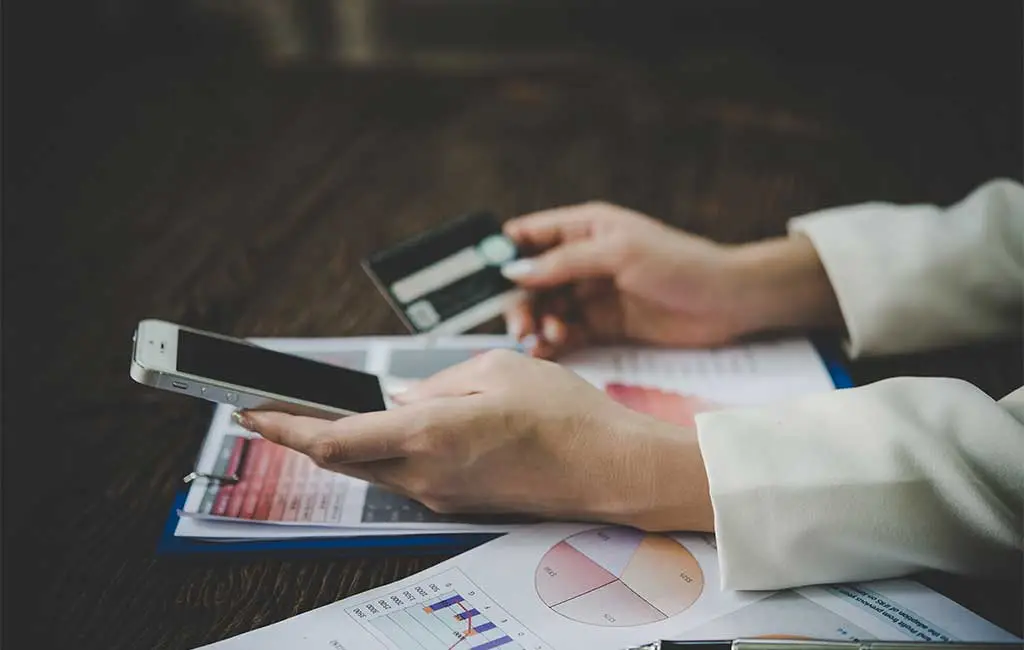
Use Rewards Wisely:
Credit card rewards can be enticing, but they shouldn’t dictate your spending. Ensure that the benefits of any rewards program outweigh the potential costs. Don’t fall into the trap of spending more just to earn points or cashback, as this can lead to unnecessary debt.
Build an Emergency Fund:
Relying on credit cards for emergencies can quickly lead to debt. Instead, build an emergency fund to cover unexpected expenses. This financial cushion can prevent you from turning to credit cards in times of need, reducing the risk of debt accumulation.
By following these tips, you can enjoy the benefits of credit cards while minimizing the risks.
Alternatives to Credit Card Financing
Credit cards aren’t the only way to handle your finances. Several alternatives can help you manage your money more effectively and avoid the pitfalls of debt and high interest rates. Let’s explore some practical options:
Debit Cards: A debit card is a straightforward way to manage your spending since it pulls money directly from your bank account. This method helps you avoid the debt and interest charges that come with credit cards. It’s an excellent option for everyday purchases, ensuring you only spend what you have.
Cash: Using cash can be a powerful tool for budgeting. The tangible nature of cash makes you more aware of your spending, helping to curb impulsive purchases. When you physically hand over money, the transaction feels more significant, making you think twice before spending.
Personal Loans: For larger expenses, a personal loan can be a more cost-effective alternative to credit cards. Personal loans typically offer lower interest rates and fixed repayment schedules, making them suitable for big-ticket items like home improvements or major appliances. This approach helps you avoid the revolving debt associated with credit cards.
Savings: Building up your savings is a proactive way to finance future purchases. By setting aside a portion of your income each month, you can create a fund for significant expenses. This method eliminates the need for borrowing and the accompanying interest charges, offering a debt-free way to achieve your financial goals.
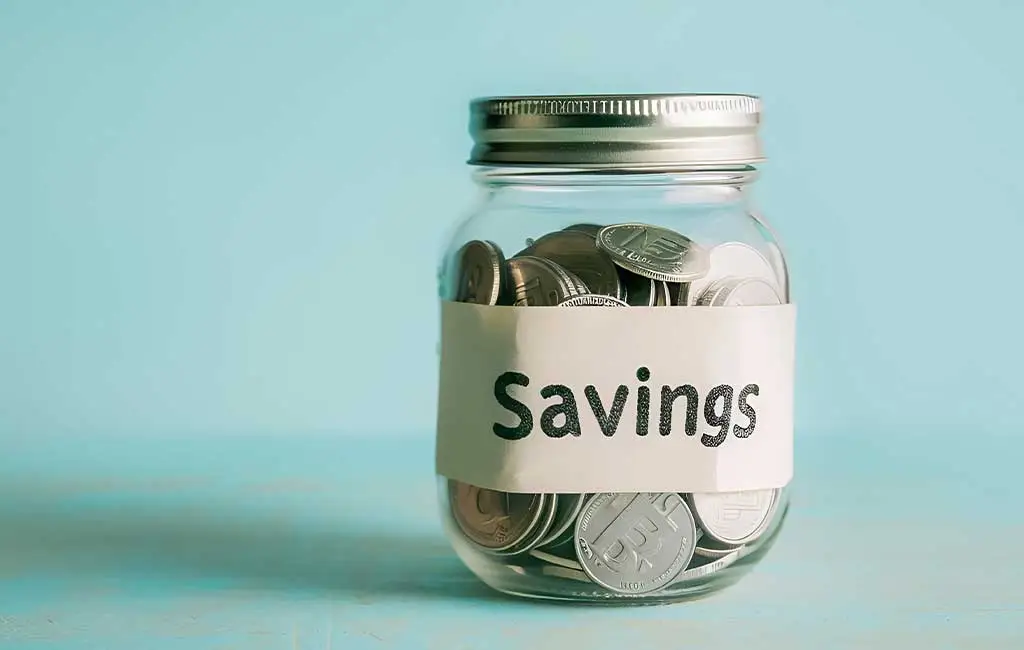
Payment Plans: Many retailers provide payment plans or financing options with low or no interest. These plans can be particularly useful for expensive items, allowing you to spread the cost over time without incurring high interest rates. Always read the terms carefully to ensure you understand any potential fees or conditions.
Peer-to-Peer Lending: Peer-to-peer lending platforms connect borrowers with individual investors, often offering more competitive rates than traditional credit cards. This type of financing can be an excellent option if you need funds for a specific purpose and prefer to avoid traditional banking institutions.
Exploring these alternatives can provide you with more control over your finances and reduce your reliance on credit cards.
Wrapping Up
Understanding which is not a positive reason for using a credit card to finance purchases is crucial for making informed financial decisions. While credit cards offer convenience and rewards, they also come with high costs and risks that can lead to debt accumulation and financial stress.

By recognizing the psychological factors at play, the high cost of convenience, and the potential for debt, you can make smarter choices about when and how to use credit cards. Remember, there are many alternatives to credit card financing that can help you manage your finances more effectively. Use credit responsibly, and you’ll be better equipped to achieve your financial goals without falling into the trap of debt.


